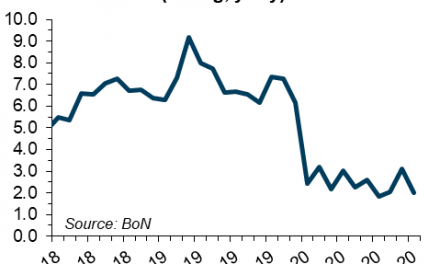
Offbeat 05 August 2016
I’ve been reading Joe Hill’s Heart Shaped Box. He takes after his father Stephen King. His characterisation is brilliant. He also steps it up. The villain, in this case a ghost, is repulsive, and a complex phenomenon that has a malevolent character that I haven’t seen before. I can’t say that I would want to know the protagonist either. Both the characters demand understanding.
The brutality is relentless. The threat is always there. It’s a difficult read, especially after a day of work in which I have to think about the needs of people around me. Sometimes I can’t read more than half a chapter. The point I’m at now has a child waving a gun, and a story of abuse of daughters is emerging. I’m skimming half a page at a time. Horror is about moving out of comfort zones, ‘releasing fear’ as Wes Craven put it. I struggle with fear for vulnerable young ones.
In spite of my own dragging speed on the book, my mind still needs filling with something, a change of pace and a different idea. Under these circumstances, I have switched to movies to fill in the gaps for the last few days.
One of the movies I watched was Battle of the Bulge, a fictionalised account of the Ardennes. It’s a 1965 outing. The acting doesn’t feel particularly real, unlike Fury, which I watched again, just afterwards.
The lines have the feeling of being declaimed. The thrills are there though, enough to justify the price of the DVD, a couple of cans of cola or two beers.
One thing stopped me in my tracks though, caused me to rewind and watch again, a different kind of horror. In one scene I heard the tune of Das Südwesterlied sung to accompany scenes of the Panzer army. It was a moment of disbelief. It didn’t feel right that I should have to listen to it in that context.
Google led me to the song on Youtube. It’s called the Panzerlied. It was a repurposing of a song called Luiskalied. From what I gathered the lyrics of Luiskalied were rewritten for the tank army of the time (1933) by Kurt Wiehle. I can’t.
I asked on Facebook if the lyrics of Das Südwesterlied were written by Heino, and got the answer that they were written by Heinz Anton Klein-Werner for the local German scouting association in 1937. That’s Deutscher Pfadfinderbund Namibia if you want to look it up on Wikipedia.
The years that are noted above seem to ward against the potential damage to the song, though I rather dislike Heino’s unresolved nationalism. It’s a personal moment of paranoia, just in case you want to call me out me on that.
Das Südwesterlied was incredibly important to me. In the late 70s, I struggled with the reality of SA nationalism. At the ages of 11 and 12, the idea that I could be property of the state, that they could decide what I was allowed to think and feel, and how to behave, came with a mixture of horror and anger. ‘Eendrag made mag’, but I was mainly alone, or perhaps those who were like me were shuttered off as well.
When Das Südwesterlied was introduced to replace Die Stem, it was the first doorway to freedom.
The separation of then South West Africa and South Africa was recognition of the idea that I didn’t belong with that other country and its grotty ideological sense of white supremacism and facist uniformity. Sometimes, having even a single straw to clutch at gives hope. It was a song I sung loud, with some kind of happy belief.
Now, given its warlike origins and the relationship of its tune to Nazi expansionism, I suddenly find I have to question the song. I find myself needing to know the attitudes and beliefs of Klein-Werner.
But I cannot abandon it easily. I have camelthorn in me, and the song is one of the phenomena that has rooted me in Namibia. History chucks me out of the comfort zone again and again. It’s an ongoing process.
I need to put it aside, and get back to Heart Shaped Box. Horror is inevitable easier to conted with. There’s a little girl waving a gun, a malevolent ghost and a cynical rock star. None of that will erode my personal identity.












































